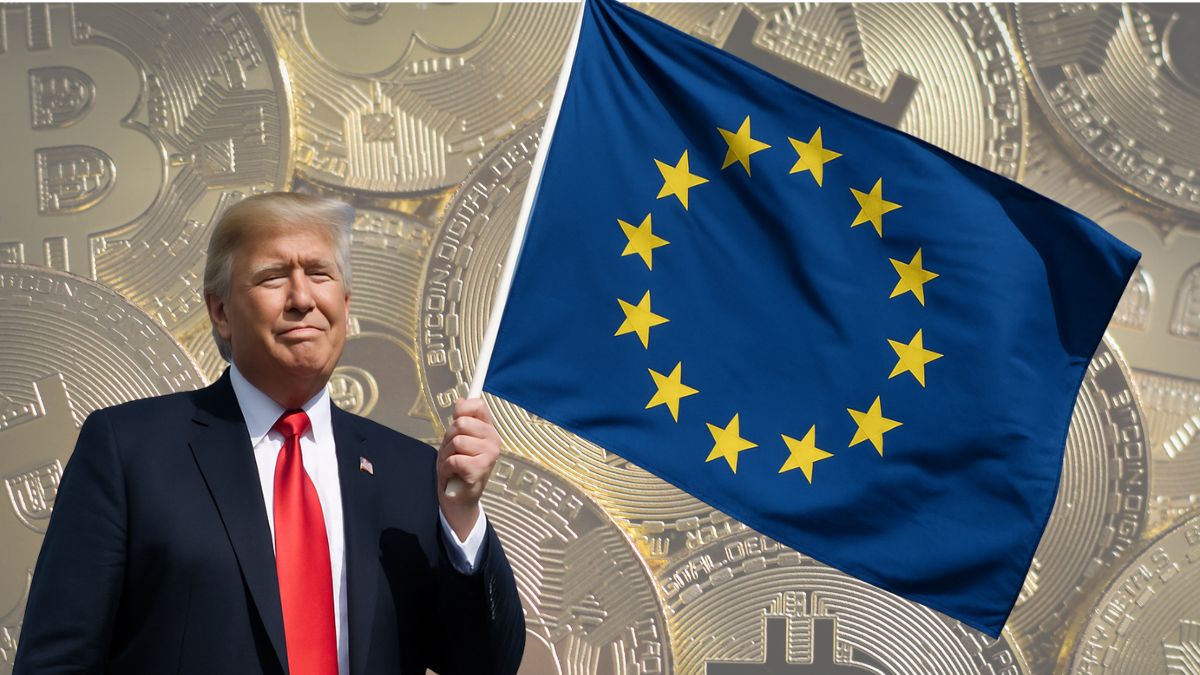In a significant move, Donald Trump has imposed a 30% import tariff on products from the European Union and Mexico, set to take effect on August 1. This decision affects various sectors, including automobiles, pharmaceuticals, and agricultural products. Trump claims that the tariffs aim to reduce the U.S. trade deficit and enhance national security.
Community Concerns About Trade War
The decision has sparked immediate backlash from European leaders. The European Commission labeled the measure “a bad idea for everyone,” cautioning that it could lead to thousands of job losses in the U.S. Ursula von der Leyen, the President of the EU, reiterated their openness to dialogue but affirmed the EU’s readiness to respond if necessary.
Countries such as France, Germany, Spain, Italy, and Ireland have expressed their intentions to consider countermeasures should a resolution not be reached before the tariffs take effect. The Dutch Prime Minister, Dick Schoof, described Trump’s actions as “concerning” and called for a united European response. Hanneke Boerma, Secretary of State, emphasized that predictable trade without high tariffs is vital for businesses and consumers alike.
Market Stability in Uncertainty
Interestingly, despite the looming trade tensions, cryptocurrency markets appear unfazed. Bitcoin’s price reached a new record high, surpassing $118,000, while traditional stock exchanges have remained stable. This behavior illustrates that market reactions are sometimes unpredictable; rather than responding anxiously to geopolitical tensions, investors in cryptocurrencies continue to express confidence in digital assets.
Understanding Bitcoin’s Recent Surge
While geopolitical events shape economic landscapes, Bitcoin’s recent ascent seems largely driven by institutional investment rather than public enthusiasm. As institutions invested over $2.7 billion in Spot ETFs—investment funds that buy Bitcoin directly—ordinary investors appear less engaged. Search interest for “Bitcoin” has only risen by 8% despite the cryptocurrency’s significant price increase, indicating a divergence between market performance and retail interest.
Experts suggest that many potential investors may feel priced out of the Bitcoin market. A notable perspective shared online reflects a sentiment of exclusion, as individuals assume that with Bitcoin priced at over $117,000, it is unattainable. Nevertheless, some analysts remain optimistic, believing that this bull run has substantial momentum. Analyst Willy Woo has expressed confidence that Bitcoin’s recent price trajectory still has “enough fuel” to continue climbing.
Implications for the Future
The situation encapsulates broader themes surrounding international trade and its impacts on local communities, alongside the dynamics of emerging financial markets. As trade policies evolve, maintaining an open dialogue among nations may become more crucial than ever. Meanwhile, the evolving landscape of cryptocurrencies and institutional preferences suggests a complex future where traditional financial systems are increasingly intertwined with innovative digital markets.
As the August deadline approaches, it remains to be seen how the international community will respond to Trump’s tariffs and what this means for everyday consumers and investors alike.


